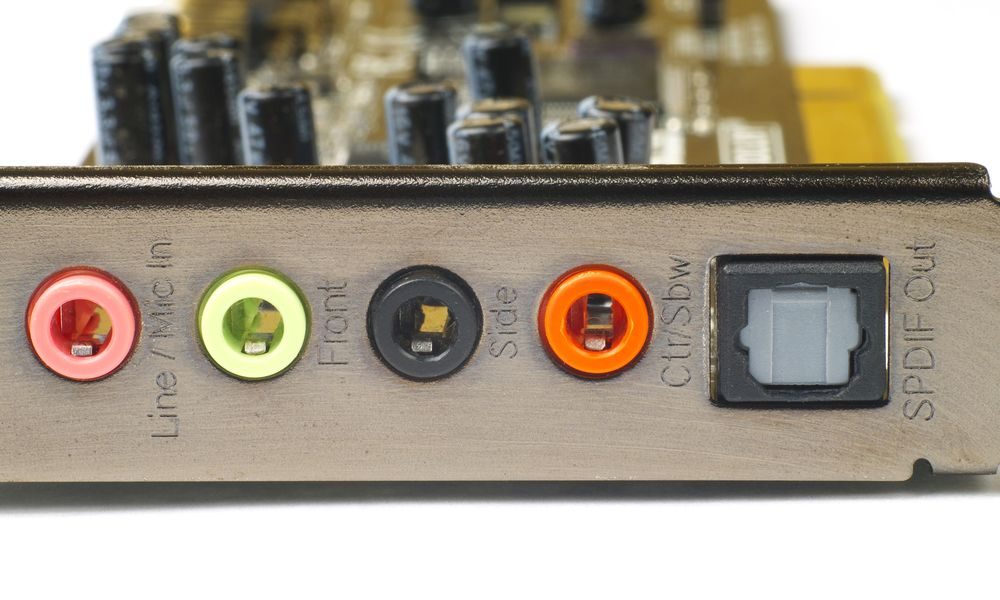First post, by BEEN_Nath_58
- Rank
- l33t
Before 2000s (mostly) - used to get any form of sound, unless you have a PC speaker of AC97 CPU emulation.
2000s - EAX, DS3D, A3D, etc in trend.
Post 2010 - ?
I am only aware of their uses in professional environment, but how will be gaming affected by modern sound cards?
previously known as Discrete_BOB_058
